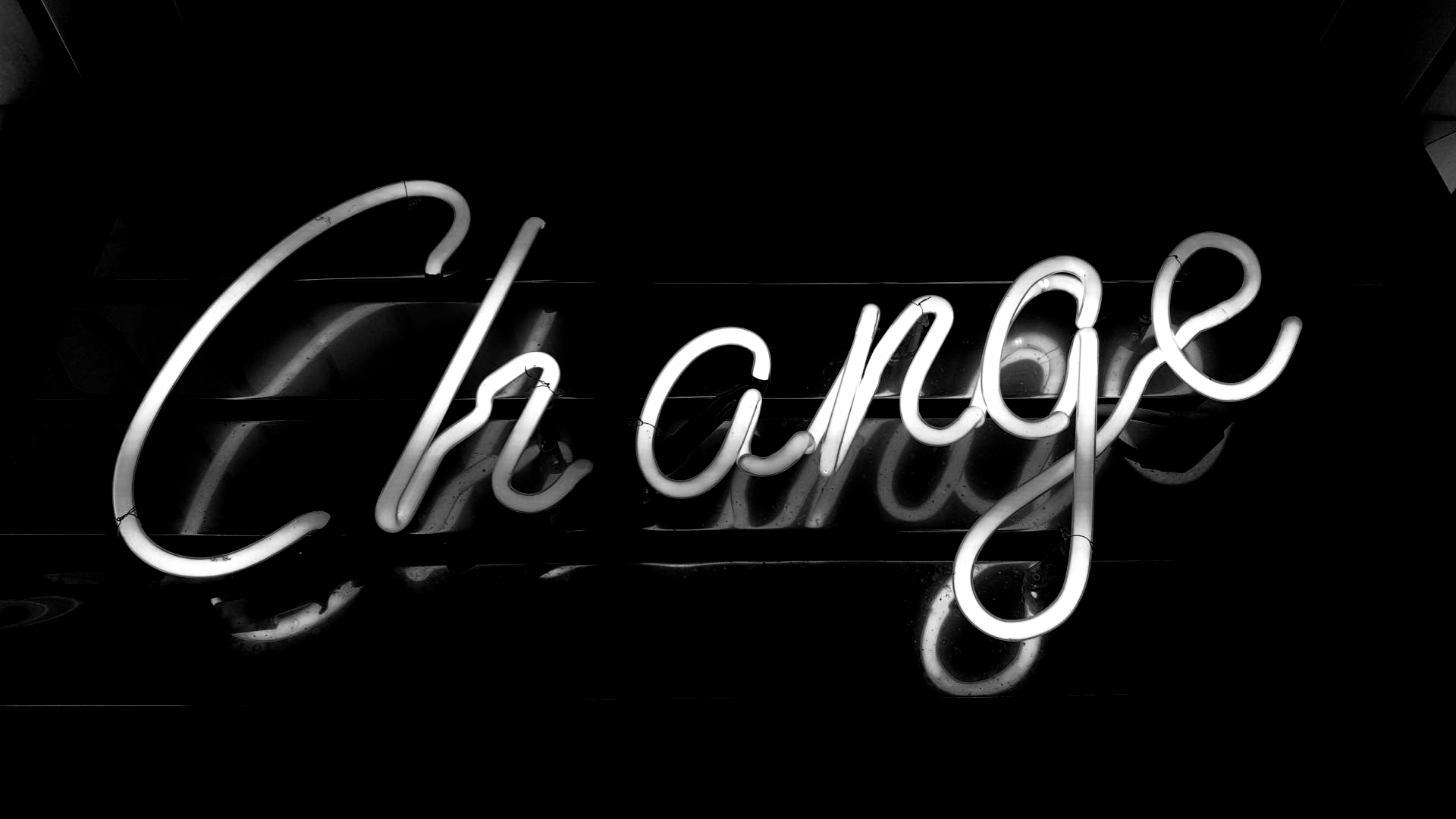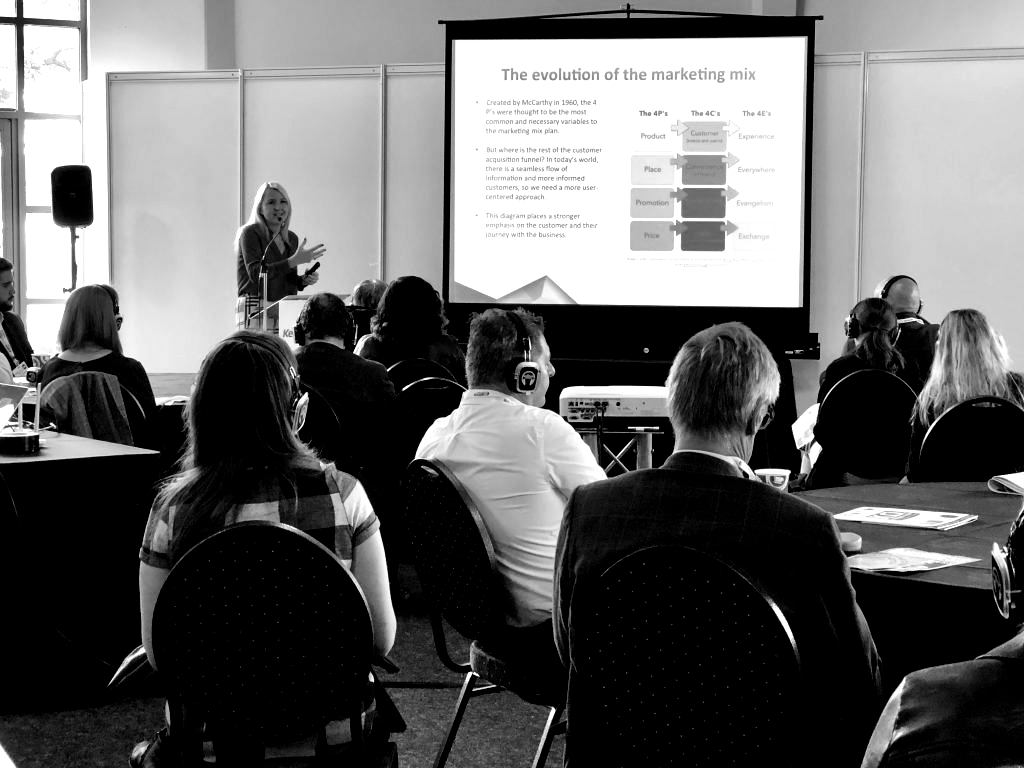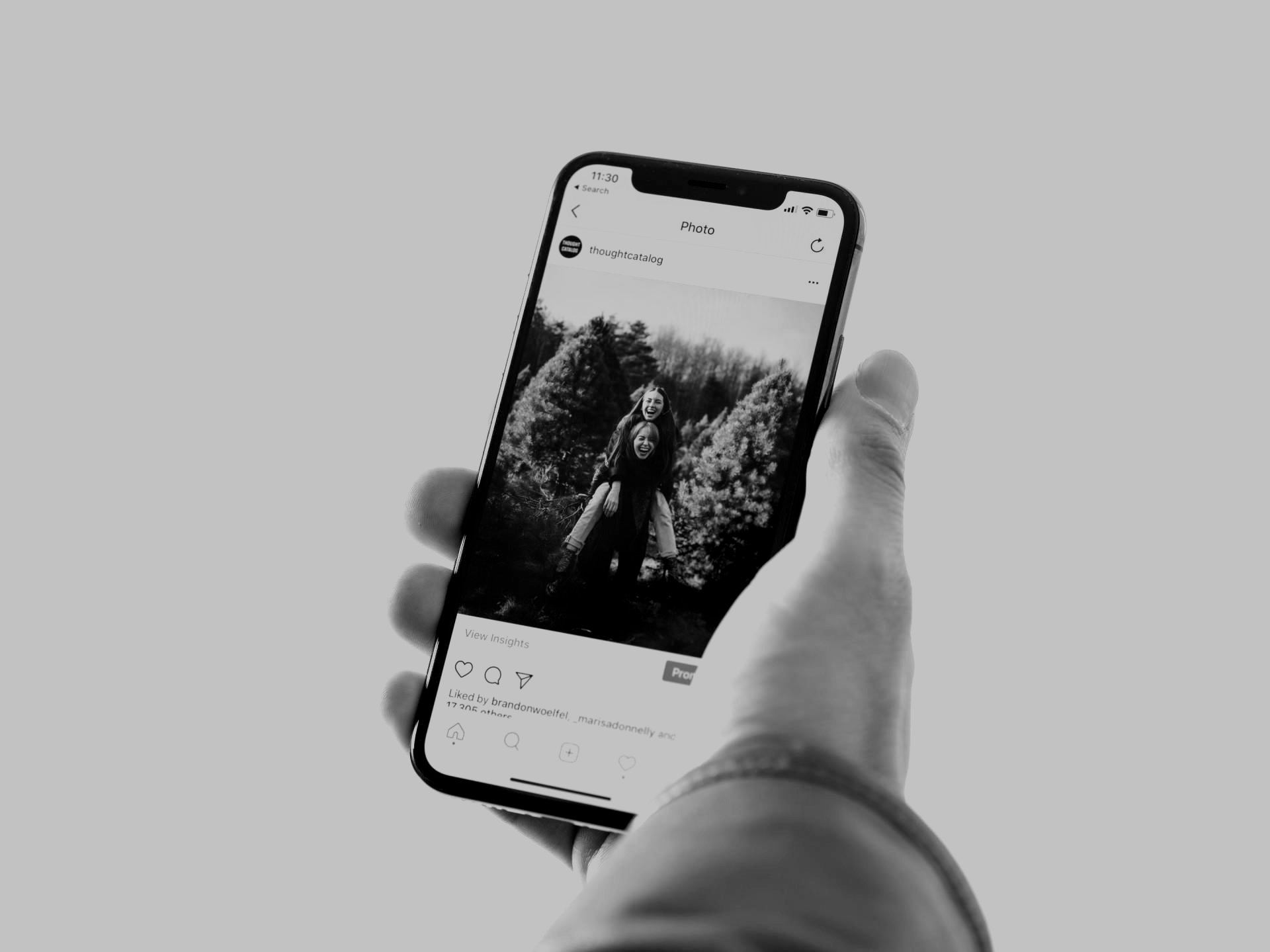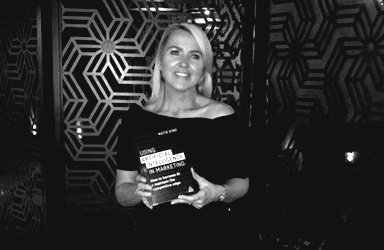How has Digital Marketing Changed the Tourism Industry in 2017?
The introduction of social media has fundamentally changed the way that the industry operates and travel companies that have an effective digital marketing strategy are those that are in the driving seat. AirBnB, Visit Britain and Thomas Cook are just some examples of great campaigns that the sector has seen recently.
Today, the power is with the consumer, who can easily find an immediate picture of their desired destination with a quick Google search and review on social media. Entrepreneur Magazine states that 89% of millennials plan travel activities based on content posted by their peers online.
As it hits the news that Visit Kent has launched a European tourism project, called Profit, designed to help empower small and medium businesses to stimulate growth in the county, it’s obvious that this is just one example in the tourism industry of a company understanding the value of marketing and social media to help grow and increase sales.
Here are some of the ways the tourism and hospitality sector has been affected by the developments in digital marketing.
Research
This is the greatest change. No longer do travellers book an appointment with their travel agent; instead they go straight to price comparison sites for reviews and cost effective bundles to book. Travel companies have to compete with these so an effective SEO strategy will help you come up higher in search rankings.
Social sharing sites like Instagram give travellers more reason to search online as they look to their peers for picturesque images and check-ins that will validate their choices. The growth of review sites like TripAdvisor allows visitors to easily find other people’s images, ratings and best things to do. This first person information is very powerful, more so than any direct brand marketing. It’s claimed that 70% of people trust consumer reviews over paid ads. This is why we are seeing the rise of influencer marketing strategies from larger travel brands as they rely on the power of bloggers to help win new customers.
Marriot Hotels was one of the first major hospitality brands to create travel-marketing campaigns with digital influencers. The hotel chain’s biggest influencer marketing campaign was a viral hotel lobby prank where they collaborated with several top YouTubers to create sponsored and branded content.
The Importance of Customer Service
Travel and hospitality brands have really had to up their game. Twitter is often the first place a customer will go to make a complaint and they expect a quick response. 72% of customers expect a response within an hour , yet apparently 70% of companies ignore customer complaints. We’ve seen so many examples of companies in this sector doing it well; brands like Virgin Trains, Jet Blue and American Airlines. These companies have been able to create an authentic tone of voice for their brand through their marketing channels and in some cases, be known within the industry for their new textbook process.
Social media can be a great social listening tool to help give insight to what your customers value – this can help your brand deliver an exceptional experience. KLM’s Acts of Kindness Campaign is a great example of how you can use social media to make a memorable experience for customers that can in turn, reward your brand. This sort of content will create further online conversation delivering a ‘viral’ result. It demonstrates how a little research, which earned them 1 million impressions on Twitter, can go a long way.
A Changed Model
Modern marketing has changed the face of the travel agency itself. Self-service booking has forced the industry to move from a shop on the local high street to a digital hub. Entrepreneur Magazine explains, “Travel agencies are not obsolete – they are still responsible for 55% of all airline bookings, 77% of cruise bookings, and 73% of package bookings. But many agencies have shifted their focus from in-person to online experiences as they adapt to new technology and market trends”.
On Board Marketing
Air New Zealand (ANZ) has led the way here, focusing its digital marketing strategy around its online safety videos to help raise the company’s profile.
By tying in with key events and cultural moments, the airline has been able to create online videos that helped to create a number of integrated campaigns. ANZ took a genuine insight that most flight safety videos can be tedious, and introduced online safety videos to be talked about.
ANZ’s most successful video transports you to Middle Earth, with a host of stars from The Hobbit movies, adding new meaning to ‘elf and safety’. The ad became the airline’s most successful ever, getting close to 120,000 people viewing it online every hour and clocking up a record 16 million online view within a week of release.
The Rise of Mobile
Digital consumption is very different to what it used to be, even just a few years ago. The importance of usability via mobile is paramount to the tourism and hospitality sector as more people use their mobiles to book their airplane tickets and hotel rooms. We’re seeing an emerging trend in mobile-only travel agencies – at the moment they focus mostly on last minute deals but we should see a rise as these offer quick solutions for travellers.
In addition, thanks to the power of Wi-Fi with access in hotel rooms and public locations such as tourist attractions, planning a trip on the spot has become fairly easy for travellers. Large hotel chains are getting increasing demand that they need to offer more than just a room. With the growth of companies like AirBnb and Neighbourhood local travel guides we’re starting to see hotels offer mobile guides that are available to staying guests. Hotel Indigo introduced a service that allows customers to explore neighbourhoods they are staying at, by offering interactive Neighbourhood Guides. This offers guests an overview of each hotel’s unique neighbourhood story, a roundup of the local hotel team’s favourite attractions and restaurants, and the technology to share what they’ve discovered through a photo-sharing tool linked to Facebook.
Growth in Different Types of Content
As we see brands move away from traditional above the line campaigns due to lack of brand trust we’ve seen an increase in user generated campaigns in the tourism industry. A great example is the #OMGB from Visit Britain. Following a three-month print and digital campaign to showcase the amazing moments visitors can only enjoy in Britain, the next phase of the campaign encouraged visitors to upload their own photos of amazing moments whilst on holiday in Britain using the hashtag #OMGB. The best images were shared across social media.
Call to Action
We’re also seeing brands in the sector using less traditional methods of content in their marketing campaigns like Ebooks. Ebooks are extremely attractive to customers because of the sheer amount of information contained within them, and because they can be downloaded and viewed at the customer’s own pace. Ebooks are an excellent choice for content marketing because they work extremely well for establishing you as an authority figure and source of knowledge in your niche whilst also helping you to capture leads with a clear call to action included. VisitScotland launched a very effective Ebook and film which bring to life the scenery and activities on offer in the Highlands. The film had 80,000 Youtube views in the first week.
The Future of the Tourism Industry
The tourism industry has had to evolve quickly to keep up with its changing nature. No doubt it will continue to develop as travellers look for the best way to consume information. With Elon Musk recently announcing he’s off to the moon for his next holiday, the cocktail on the beach seems a bit boring these days. We’ll be keeping a close eye to see what’s next and how our clients can be ahead of the game and help shape the industry.











